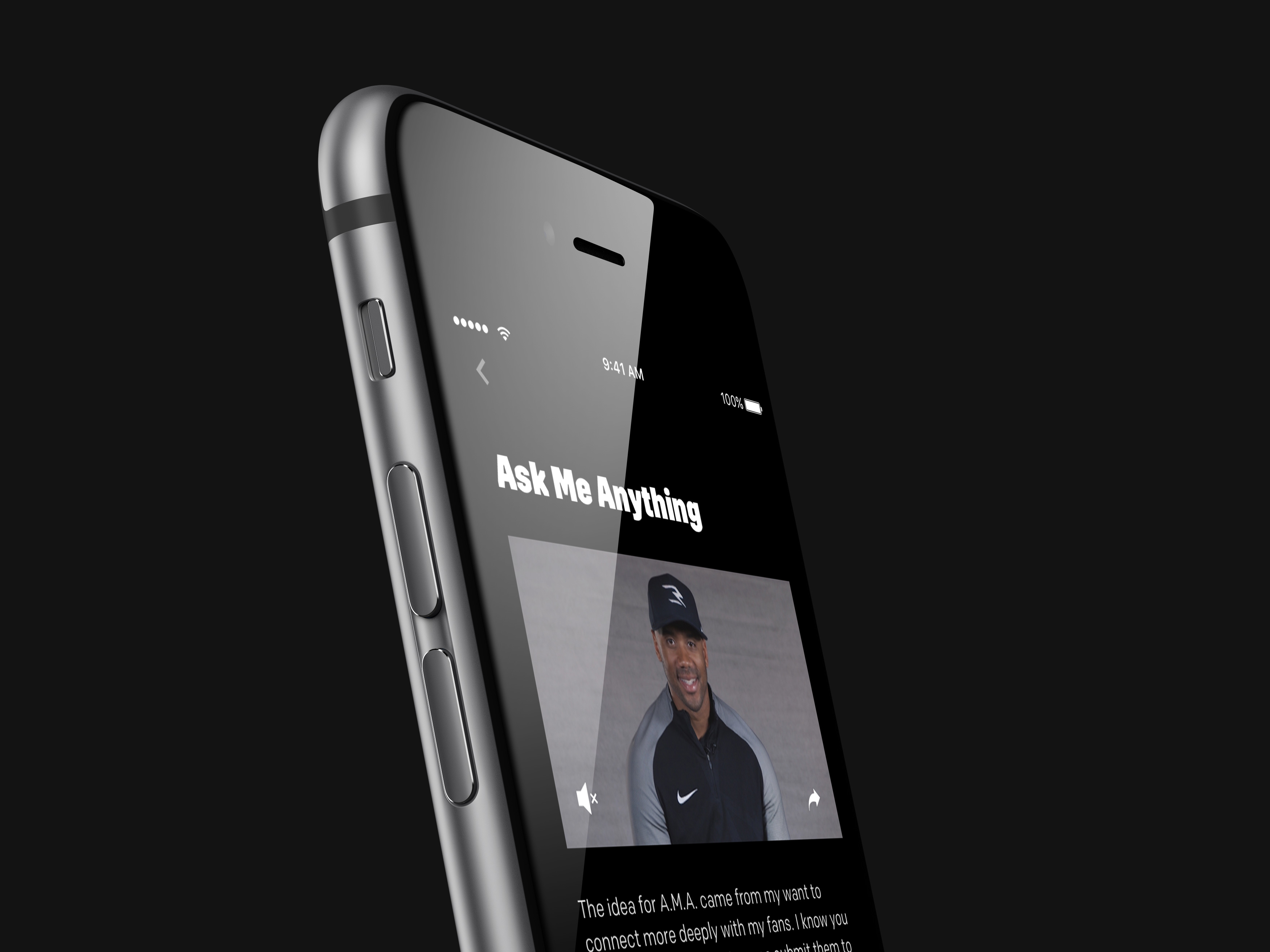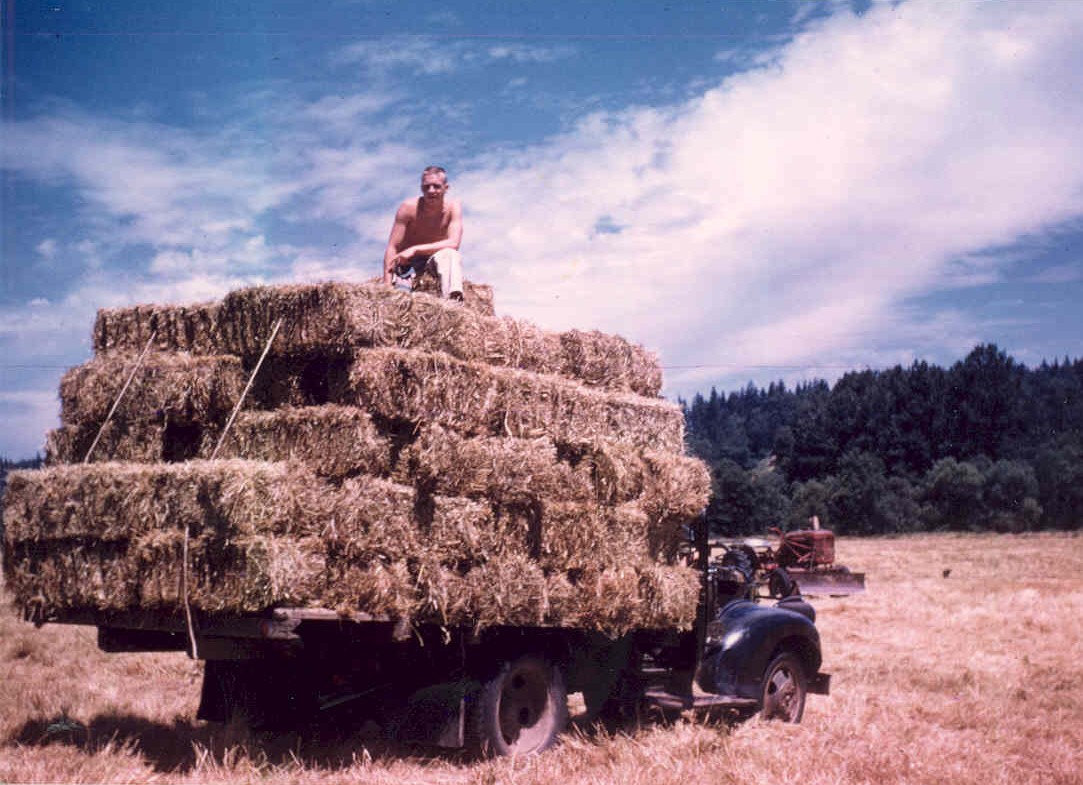I am excited to announce our Series A investment in Crowd Cow, a curated online marketplace for high quality craft meats sourced from independent farmers. This is our third collaboration with Joe Heitzeberg and Ethan Lowry, the co-founders of Crowd Cow. Both Joe and Ethan worked on Poppy, their 3D camera startup, as entrepreneurs in residence at Madrona, after which Joe co-led Madrona Venture Labs. We have always respected and admired Joe and Ethan as entrepreneurs, tinkerers and company-builders, and finally found an opportunity to invest in one of their companies.
Crowd Cow was inspired by an engineer’s passion for farm-sourced meat, and Joe and Ethan’s realization that: 1.) farm-sourced meat is significantly better and more flavorful than the meat available at your local grocery store, and 2.) buying a 1/4 ‘cowshare’, the principal way people buy meat directly from the farm, is not a mainstream buying activity (in part because a 1/4 share is about 125 pounds of meat). Instead of selling 1/4 shares, Crowd Cow lets customers pick and choose the cuts they want in any quantity, with orders delivered directly to their front door.
It became clear from early on that consumers love the quality and flavor of meat sourced directly from farms, and that they care where their meat comes from and how the animals are raised, cared for, and fed. As the Crowd Cow team searched the nation (and later the globe) for the best farmers producing the best product, they learned that the diversity of ‘breeds and feeds’ from these independent farms produced a wonderful diversity of textures and flavors; and they found that this is as true with chicken, turkey, and pork, as it is with beef. This great diversity is documented in Craft Beef, Joe and Ethan’s #1 bestselling book on Amazon.
The Crowd Cow team is now on a mission to bring the great quality and diversity of farm-sourced meat, from across the country and the globe, directly to consumers. In doing so, Crowd Cow has become an invaluable resource to independent farmers, enabling them to share their craft and build their brand with consumers through the Crowd Cow platform. In a market controlled by a small number of corporate conglomerates, giving independent producers a more direct path to their customers is a very good thing.
We could not be more enthusiastic about Joe and Ethan’s vision for where they plan to take Crowd Cow, and we welcome the Crowd Cow team to the Madrona family. Whether grass-finished or grain-finished is your cup of tea, or you have a hankering for pasture-raised chicken or heritage pork, Crowd Cow has something for everyone; including super premium A5 Wagyu from Kagoshima, Japan, and the ultra-rare Olive Beef. We look forward to partnering with Joe, Ethan and team to bring the best craft meats sourced from independent producers to consumers across the country and the globe.

